Latest Posts
Latest News
-
24/05/2018
- 0
-
-
21/05/2018
- 0
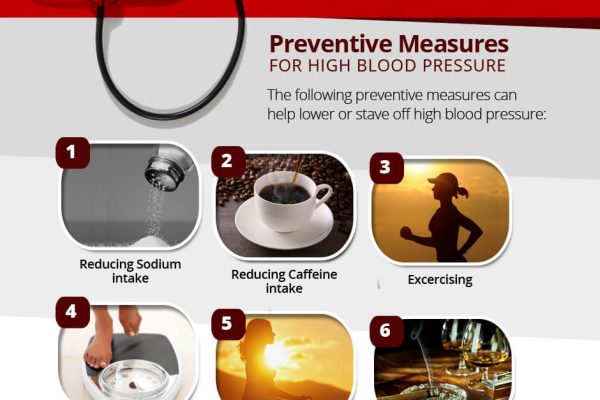
PREVENTIVE MEASURES TO HELP LOWER HIGH BLOOD PRESSURE
The following preventive measures can help lower or stave off high blood pressure: Reducing sodium intake: Reduce your sodium intake. Some people are sensitive to the effects of sodium. These individuals shouldn’t consume more than 2,300 mg per day. Adults who already have hypertension may need to limit their sodium intake to 1,500 mg per
-
-
21/05/2018
- 0
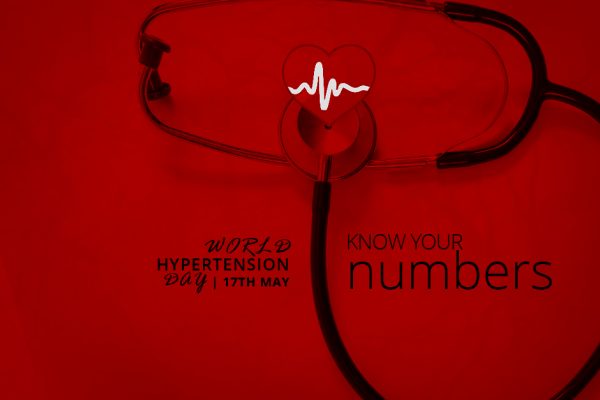
HYPERTENSION
Blood pressure is the force of blood against the walls of arteries, It is determined both by the amount of blood your heart pumps and the amount of resistance to blood flow in your arteries. Blood pressure rises and falls throughout the day. When blood pressure stays high over time, its called high blood pressure
-
-
09/05/2018
- 0

Launch Of Oxytocin
Today, we witnessed the Launch of Oxytocin: First of its Kind in Africa manufactured in Nigeria, towards reducing Maternal Death in Nigeria and Africa. Post-partum Hemorrhage(PPH), or excessive bleeding after childbirth, is one of the major complications of child births, and it accounts for 20-30 percent of all maternal deaths. However, Post-partum hemorrhage is-
-
07/05/2018
- 0

World Hand Hygiene Day 2018
WHAT IS SEPSIS? Sepsis Arises when an Infection alters the body’s normal response causing Injury to tissues and Organs.Whenever the body develops an infection, the immune system normally kicks in, producing chemicals to fight the infection. But sometimes—either because the triggering bacteria is unusually powerful or because the person’s immune system is already weakened by
-
-
03/05/2018
- 0

Nutrition
Nutrition is defined as the sum of all processes involved in how organisms obtain nutrients, metabolize them, and use them to support all of life’s processes. Without adequate nutrition the human body does not function optimally, and severe nutritional inadequacies can lead to disease and even death. Nutrition is the intake of food, considered in
-
-
12/02/2018
- 0
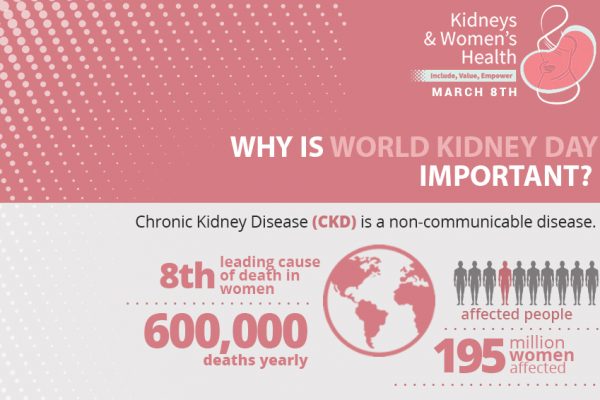
WORLD KIDNEY DAY 2018
Chronic Kidney Disease (CKD) is a non-communicable disease that affects 1 in 10 people worldwide. While severity can vary, CKD affects approximately 195 million women worldwide and it is currently the 8th leading cause of death in women, with close to 600,000 deaths each year.
-
-
15/01/2017
- 0
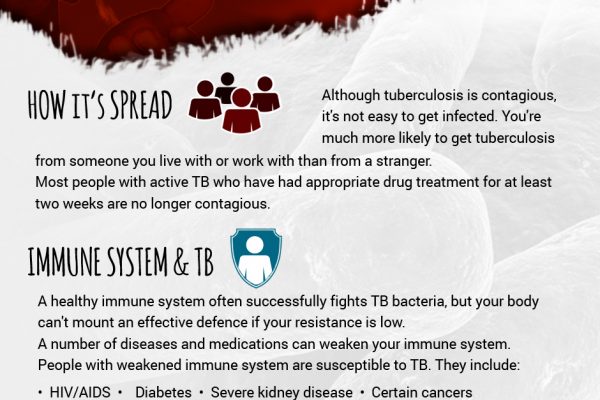
World Tuberculosis Day 2018
Tuberculosis popularly known as TB is a contagious infection that usually affects the lungs. It can further spread to parts of the body like the brain and spine. The bacteria that causes tuberculosis is Mycobacterium tuberculosis. Symptoms of tuberculosis Coughing that lasts three or more weeks Coughing up blood Chest pain, or pain with breathing
-
-
05/01/2017
- 0
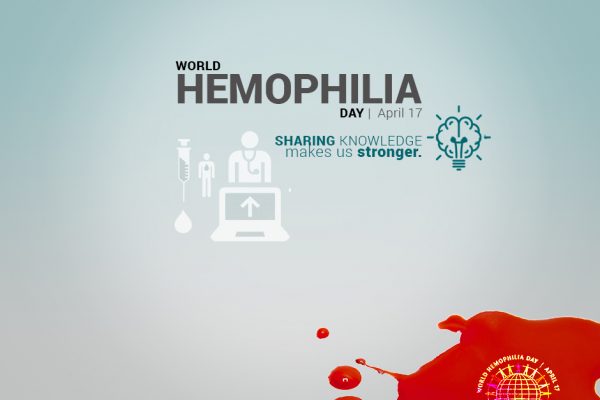
World Hemophilia Day 2018
What is Hemophilia? Hemophilia is a bleeding problem. People with hemophilia do not bleed any faster than normal, but they can bleed for a longer time. Their blood does not have enough clotting factor. Clotting factor is a protein in blood that controls bleeding. Hemophilia is quite rare. About 1 in 10,000 people are born
-
-
17/11/2016
- 0
Vitamins and Why You Need Them.
What are Vitamins? Vitamins are organic compounds that are needed in small quantities to sustain life Vitamins are nutrients your body needs to function and fight off disease. Vitamins are the nutrients our bodies need in order to maintain functions such as immunity and metabolism.
-
